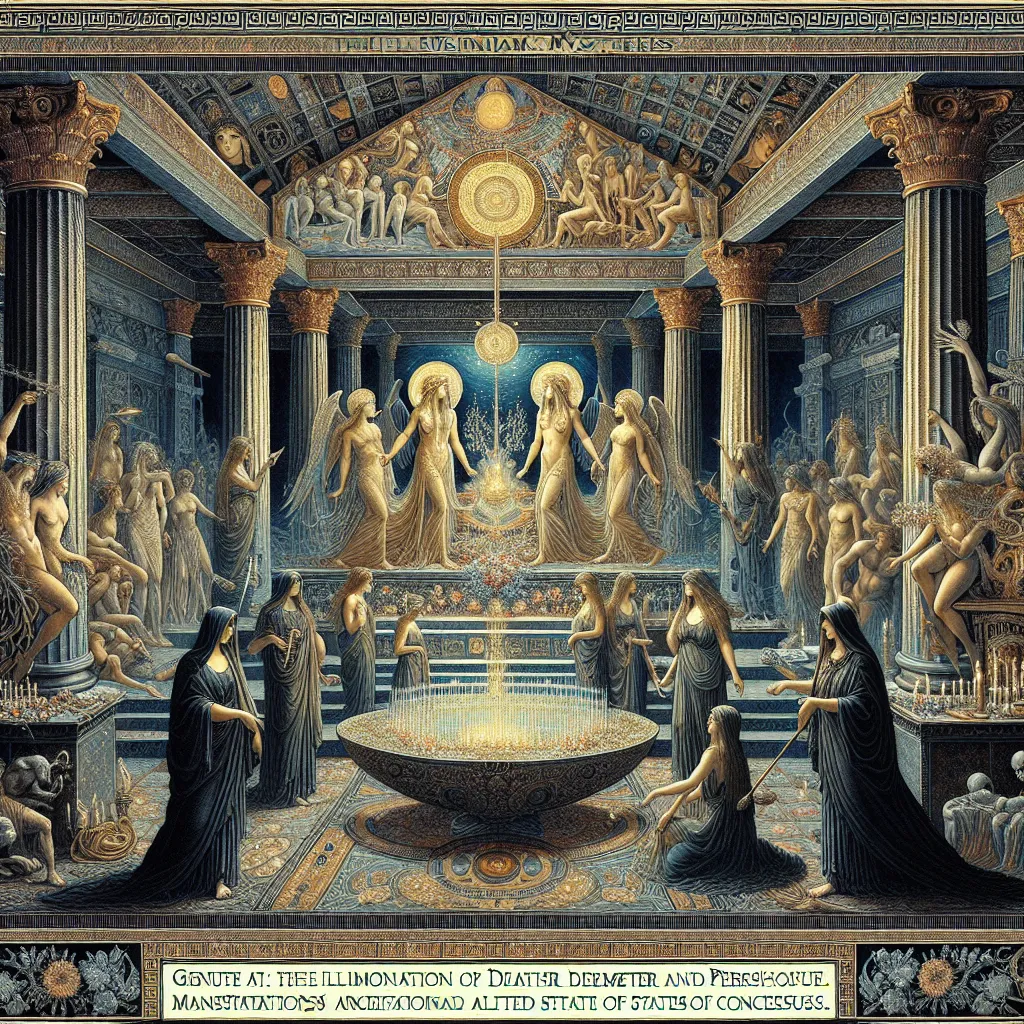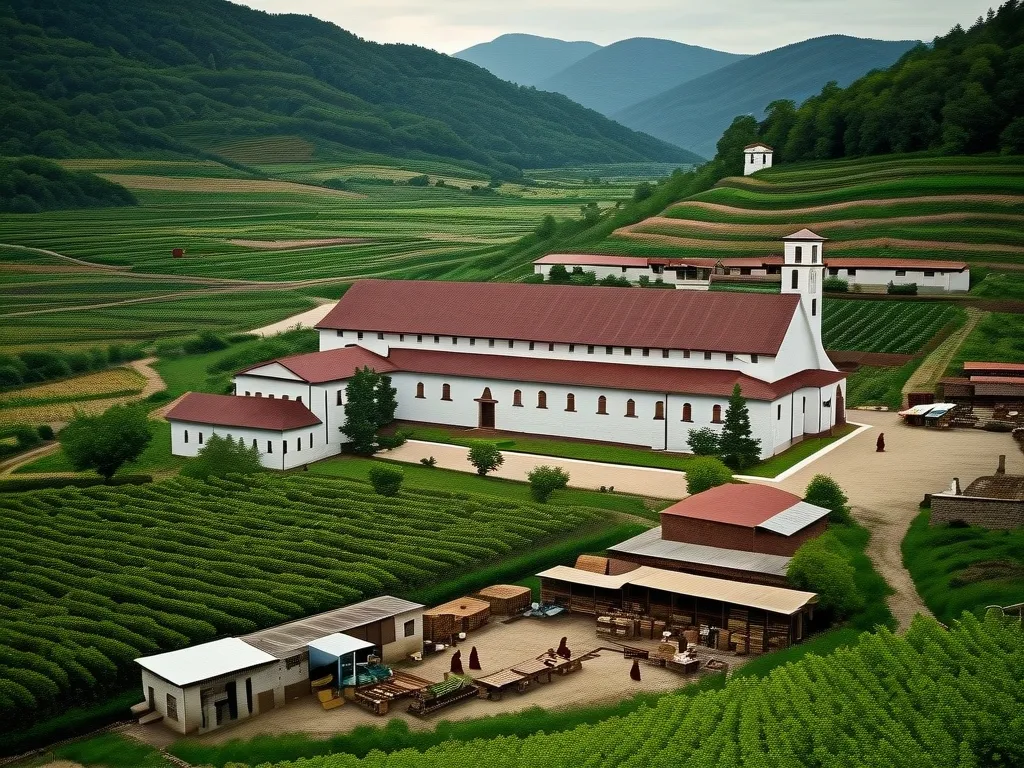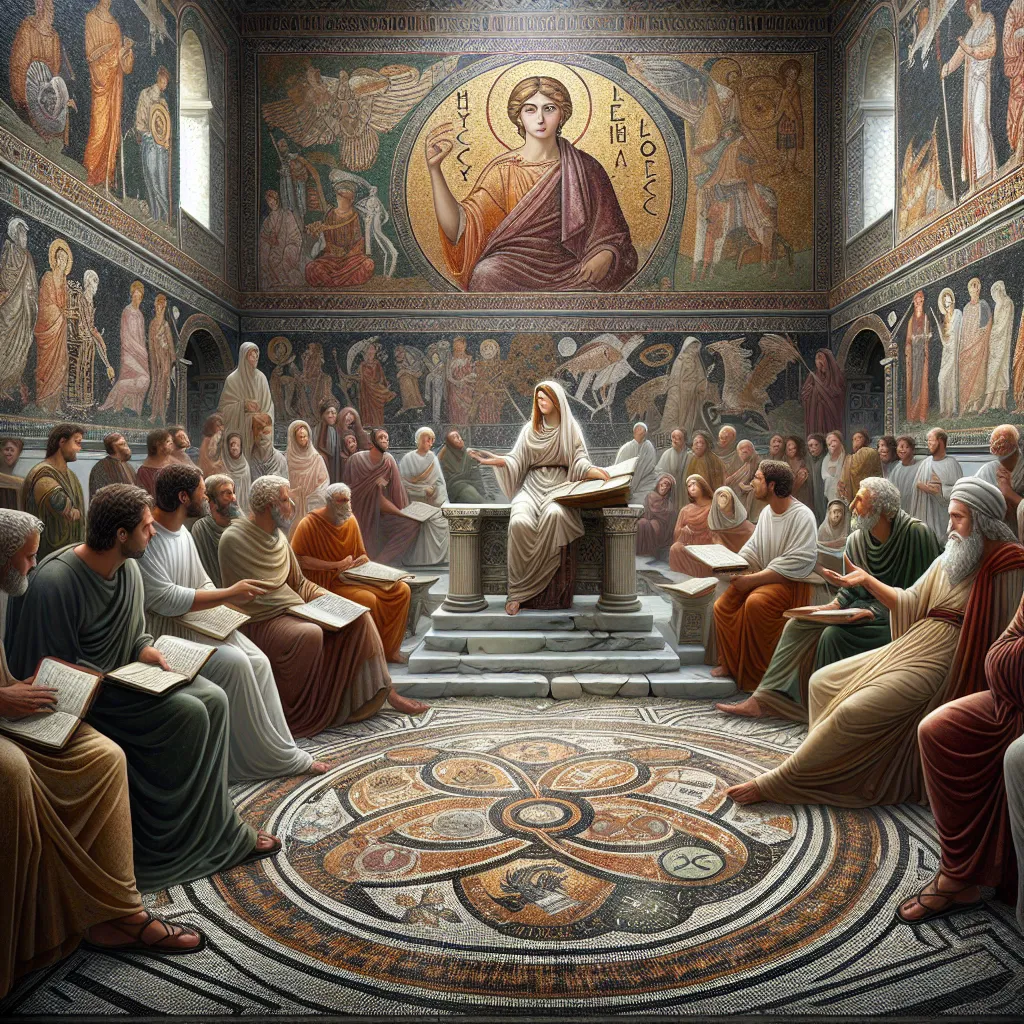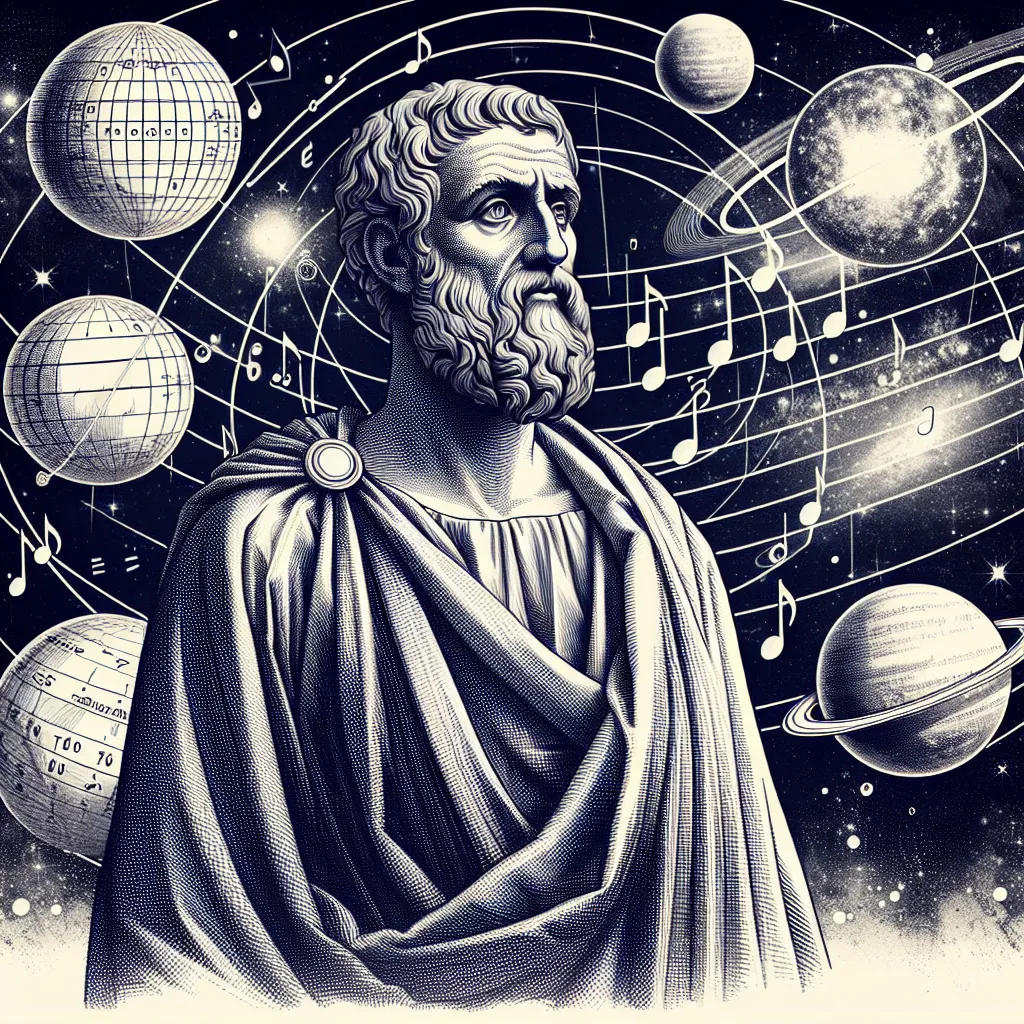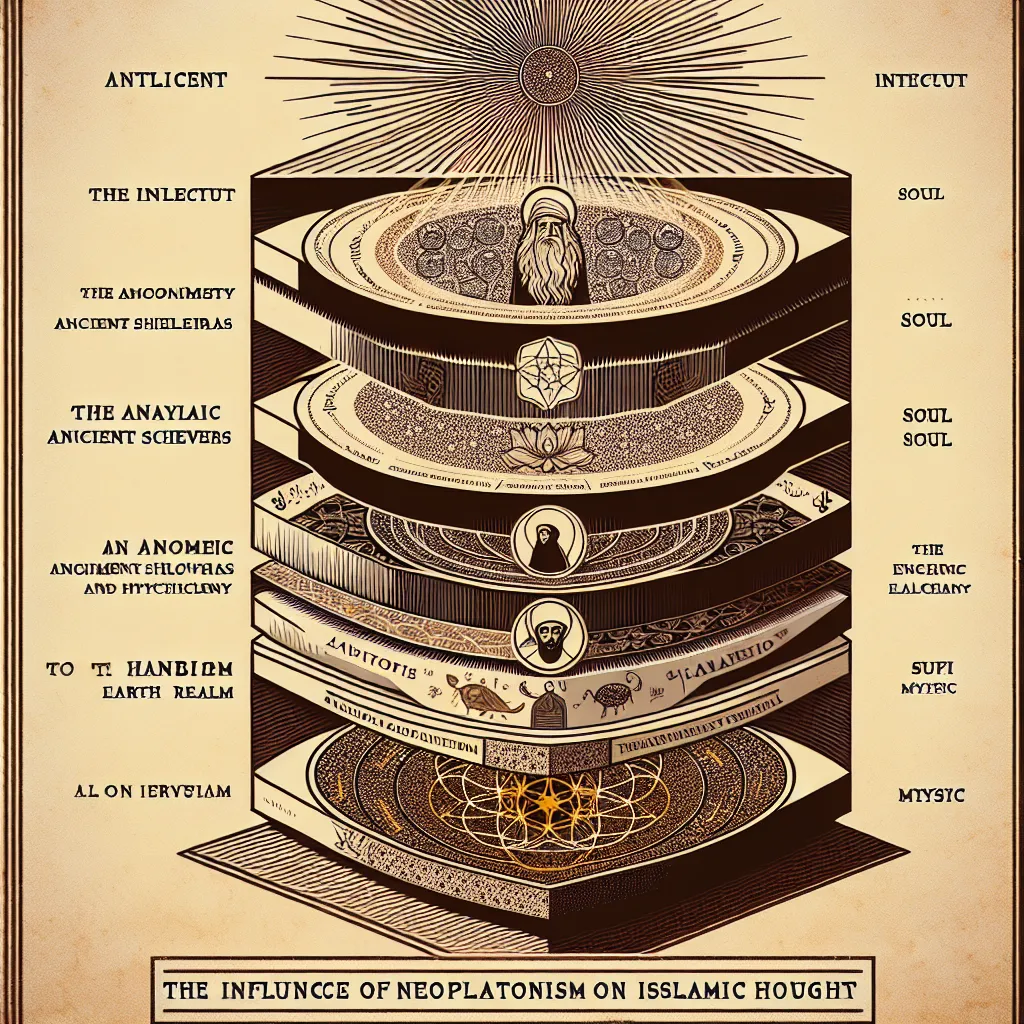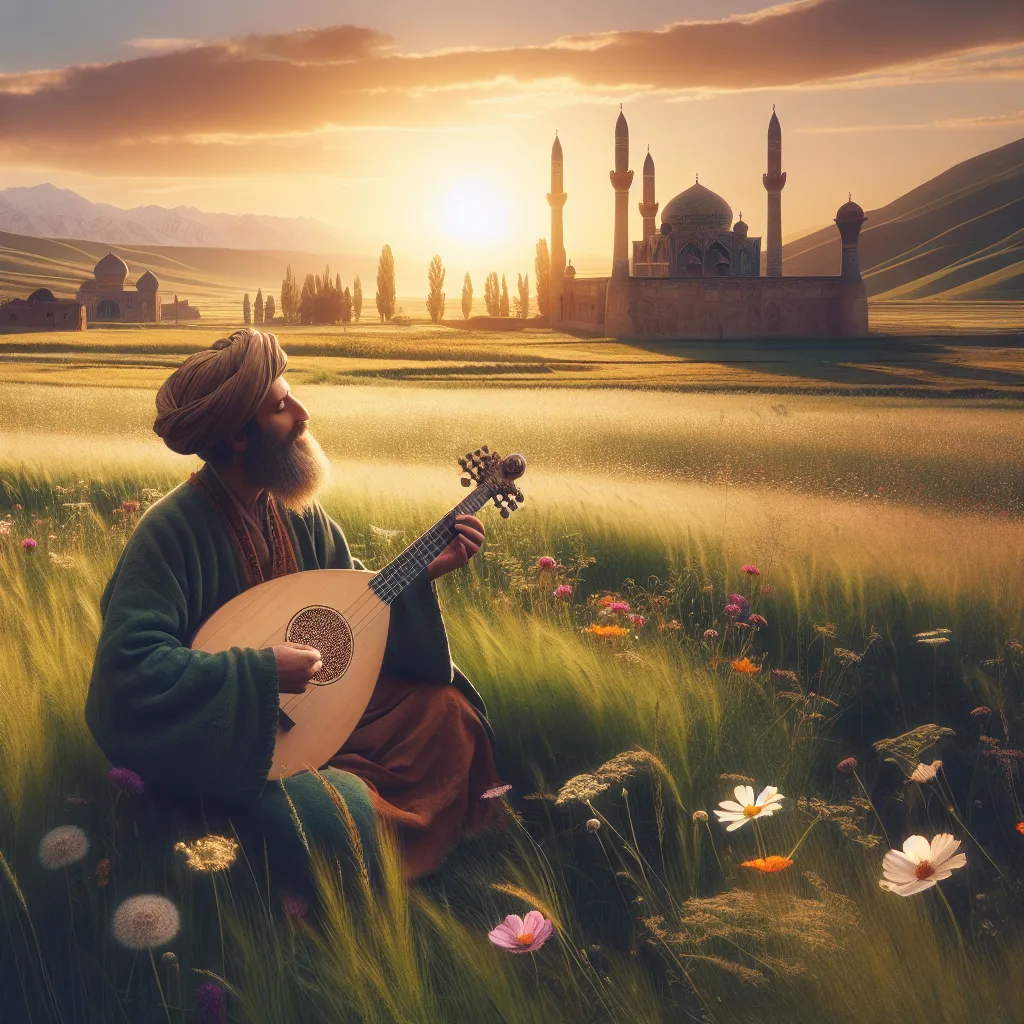When you think of ancient Greece, images of democracy, philosophy, and science might pop into your mind. We often imagine the great Greek thinkers as the enlightened rationalists of their time, similar to modern intellectuals. They were seen as the forebears of enlightened thought, only to be hindered in the Middle Ages and revived by modernity. But, if you dig a little deeper, this view starts to show some cracks.
We often project our current values onto these ancient figures, imagining them as our intellectual ancestors. However, their reality was far more complex. For example, while rationalism was important to thinkers like Plato, other elements, like mysticism and esotericism, played equally vital roles in their philosophies.
Let’s dive into the ancient mystery cults, particularly the Eleusinian Mysteries, one of the most famous of its kind. These cults were a significant aspect of ancient Greek religion, though frequently misrepresented or oversimplified. They were widespread and varied sharply in teachings and rituals, especially during the Hellenistic and Roman periods.
Generally speaking, mystery cults involved initiation rites centered around a deity. These rituals could alter the lives of the initiates, offering significant benefits in this life and potentially in the afterlife. A common theme was a symbolic death and rebirth, achieved through intense and transformative experiences.
The Eleusinian Mysteries revolved around the worship of the goddesses Demeter and Persephone, unfolding annually in Eleusis, near Athens. At the peak of their popularity, countless people participated, becoming part of a community forever changed by the experience. Despite its prominence, what actually transpired during these rites remains shrouded in secrecy. Some secrets were so closely guarded that those who revealed them faced severe consequences.
We rely on fragmentary historical accounts, filled with second-hand descriptions and scholarly speculation, to piece together what might have happened during these rituals. Prominent figures like Plutarch, who might have been an initiate, and others like Plato, suggest some captivating insights. However, much remains unknown about these secretive ceremonies.
The Eleusinian Mysteries involved several stages, beginning with purification, followed by a ceremonial procession from Athens to Eleusis, and subsequent fasting. Participants then consumed a barley drink called kykeon, possibly containing psychoactive elements, setting the stage for the main rituals. What exactly went on inside the secretive hall known as the Telesterion is unclear, though we know it involved dramatic and transformative experiences.
Based on various historical fragments, the ritual centered around the myth of Demeter and Persephone. This epic tale involved Persephone’s abduction by Hades and Demeter’s desperate quest to find her, symbolizing the cycle of seasons and representing a spiritual narrative of death and rebirth.
In the Telesterion, initiations likely included reenactments of this myth, revealing sacred objects and uttering significant phrases. The entire experience was designed to be intense and transformative, tapping into altered states of consciousness through sounds, movements, and other sensory inputs.
Music and dance, long known for their impact on human consciousness, played crucial roles. The experience was profound enough that initiates, referred to as Mystai (from which we get ‘mystic’), often reported a radical shift in their view of life and death. This immersive and intense journey from darkness to ecstatic light was seen as a path to enlightenment and divine unity.
This collective experience was rich with transformational power. Mystery festivals like these left lasting impressions, often leading participants to lose their fear of death and develop a refreshed outlook on life. Ancient texts consistently acknowledge the profound nature of these rites.
In essence, the Eleusinian Mysteries were a major aspect of ancient Greek religious practice, deeply influencing countless individuals over centuries. These rituals, alongside the rationalist philosophies of figures like Aristotle and Plato, depict a culture that revered both intellectual and mystical discoveries. By exploring these mysteries, we uncover a more nuanced picture of ancient Greece, one that integrates rational thought with deep spiritual practice.
We’ll continue to explore more of these captivating ancient worlds, diving into other mysteries and uncovering the lives and philosophies of prominent figures. I hope this glimpse into the Eleusinian Mysteries sparks your curiosity and appreciation for ancient Greek culture. Thanks for reading, and stay tuned for more!
